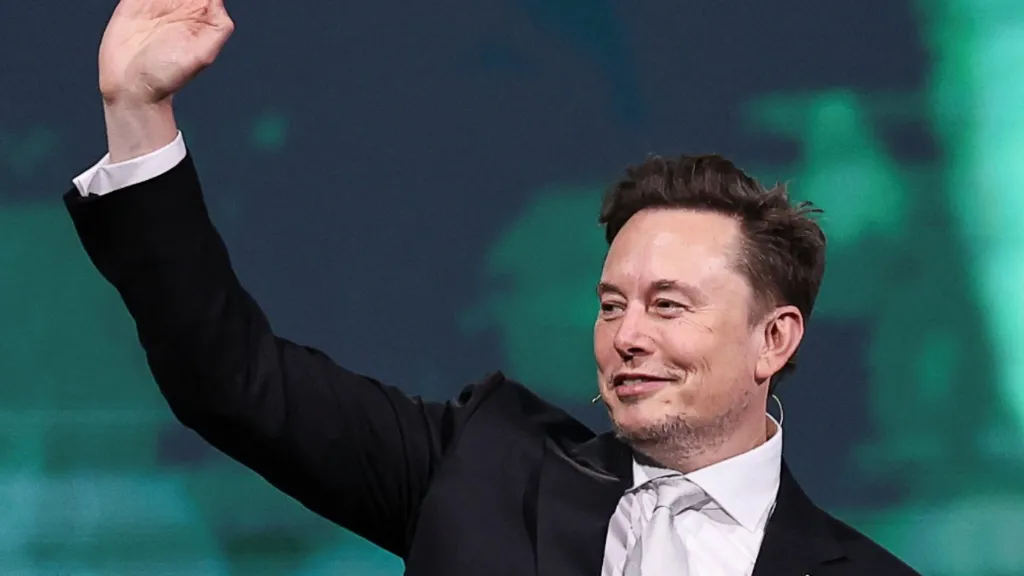
Billionaire Elon Musk has indicated plans to reduce his political donations, marking a significant shift for the major contributor to President Donald Trump’s successful 2024 campaign.
Speaking at an economic conference in Qatar, Musk, who invested over $250 million supporting Trump, stated he intended to do “a lot less” political spending moving forward. He also affirmed his commitment to remain at Tesla’s helm for another five years.
These statements follow his recent decision to step back from leading the controversial White House federal spending reduction initiative, commonly known as Doge.
When questioned about continuing large-scale political contributions, Musk told conference attendees he felt he had “done enough.”
“If I see a reason to do political spending in the future, I will do it,” he said. “I do not currently see a reason.”
Musk largely avoided politics until last year, and his substantial financial involvement attracted scrutiny of his companies, including rocket firm Starlink and social media platform X.
Concerns about potential conflicts of interest emerged as he gained influence in Trump’s administration, given that some of his companies hold federal government contracts while others face government investigations.
His efforts to eliminate thousands of federal positions and grant his Doge team access to government information sparked protests and Tesla boycotts.
As Tesla sales declined, the company’s board and investors publicly expressed concerns that Musk was insufficiently focused on the business that contributed to his wealth.
With public sentiment turning negative, Musk also experienced limitations to his political influence. Earlier this year, despite over $20 million in support from Musk and affiliated groups, his backed candidate for the Wisconsin Supreme Court was defeated.
Trump implemented tariffs against Musk’s advice, while Doge’s spending reductions fell short of the trillions in savings Musk initially promised to deliver.
At the conference, Musk defended Doge’s achievements, noting its advisory role: “We are simply the adviser. In that context we are doing very well.”
He contested reports from the UN and others claiming Doge’s cuts severely impacted beneficiaries of previously US-supported programs like HIV/AIDS prevention.
Musk acknowledged taking the backlash personally, including violent attacks on Tesla vehicles. When asked about regretting his political activities, he responded: “I did what needed to be done.”
He dismissed concerns about Tesla’s performance, stating it was performing well outside Europe. “It’s already turned around,” he said, highlighting Tesla’s recent share price increase. “We see no problem with demand.”
When Bloomberg journalist Mishal Hussain pressed Musk about whether his Tesla commitment depended on compensation, particularly regarding his twice-rejected record compensation package, he replied: “It’s not a money thing. It’s a reasonable control thing.”




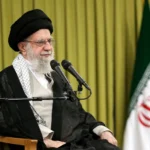


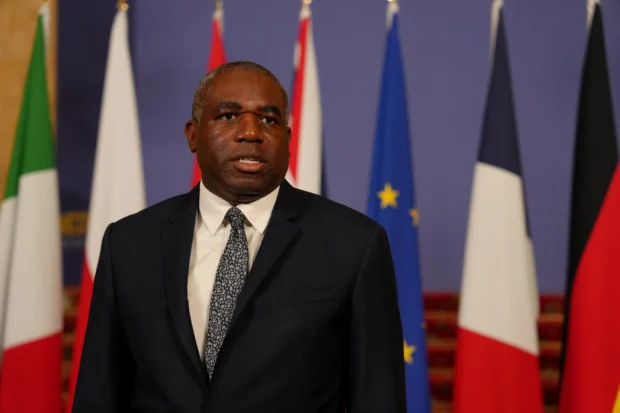
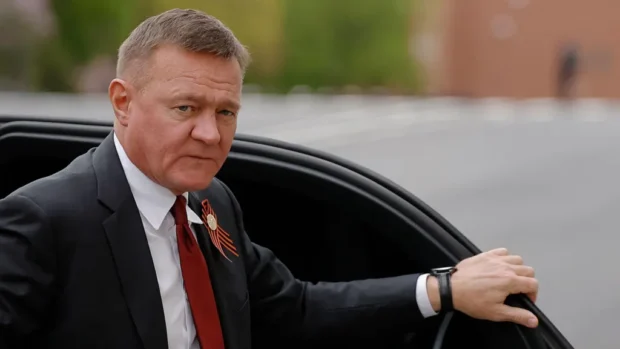
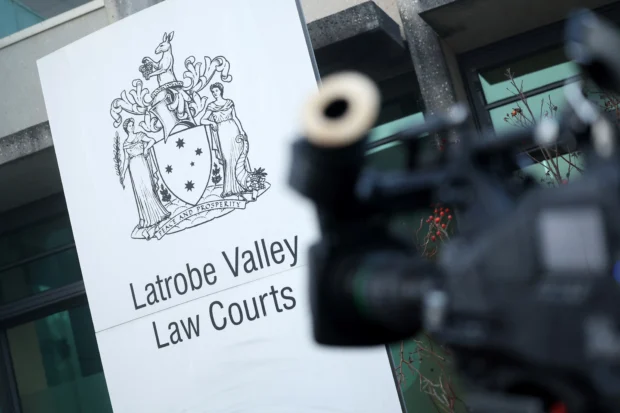
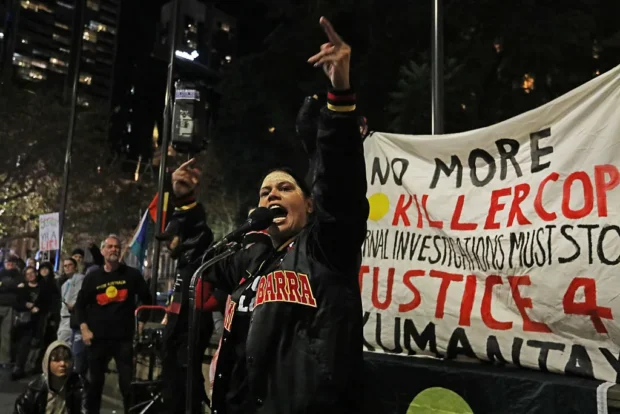
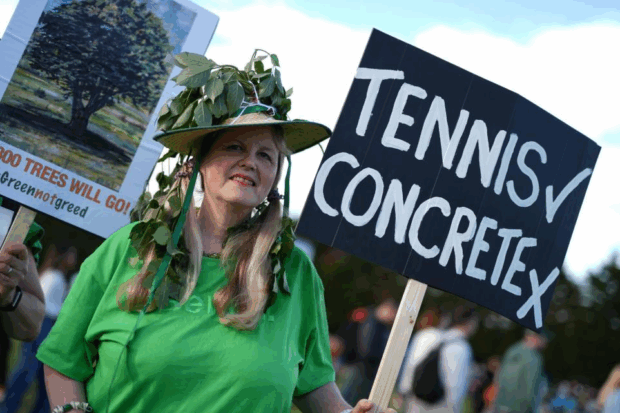
Be the first to leave a comment